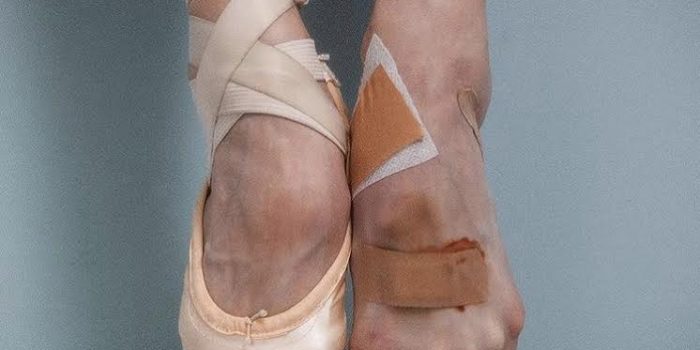I Had to Ask
I had to ask my aunt what eat out was. Middle School had finally happened to me and in this new environment the phrase had been appearing with increasing frequency and convolution. My first impulse had been to wait.
The definition would come, surely, because the natural form of language in its course will usually allow the listener to tease it out from context. I knew this, because I was socially maladjusted and liked things that people who knew how to be around other people don’t like—poetry and medical texts and homework, mostly, but there was more (a pet lizard, namely, who slept on my pillow)–all things had consistently led me to believe that language will make itself known.
Middle Schoolers, though. Middle schoolers do not adhere to convention. For example, when discussing sexual matters and other issues of uninformed middle school importance, they do not use language in a way that allows deduction from context. They use language substitutes for every word in a sentence, minus articles. Conjunctions can be heard because they are shortened to the sound of their consonant, so that’s helpful. The rest, though—the rest is a language to itself. It is a language I did not speak. Eat out, thus, was always positioned in various parts of sentences surrounded by other unintelligible things. It took the applied part of a day to narrow it down to a verb.
And I couldn’t just ask. The ego assault would be too great. At least I knew that much. Sure, I had a few friends who I was upwards of 50% sure knew what eat out meant, as in, knew-knew, unlike some others, whom I suspected, like myself, just giggled and made vague jokes to mask their lack of understanding, maybe threw in some of their own phrases to advance the ruse. The other thing about middle school–directly resulting from the aforementioned language tendencies above–is anyone also in middle school can make up any phrase, and, if said with a mild amount of authority, that phrase will be accepted as a fact of existence. And no one will want to be the one who has to ask what it means.
Because of this—the possibility that the phrase was not an accepted concept in the world outside of the preadolescent population in an Eastern slice of the foothills just outside of Sacramento, CA, before the turn of the century, a place that also, importantly, did not have access to reliable high speed internet just yet—I waited it out for a week or two, bluffing my sexual savvy. I quietly checked the medical texts but they yielded nothing, mostly covering the sinuses and muscle groupings, some issues of ocular function. The poetry was all metaphor and irony, turned the language around worse than the Middle Schoolers. Here and there I got the idea I was touching on something but then oceans were parting and flowers were blossoming and something in the ethers was descending down or up or sideways, and something profound was assumedly said that was lost on me. The homework—there was none given from sex-ed, and at any rate the answer was abstinence. Eat out as a concept did not die. Instead the phrase ballooned, became even more frequent and convoluted in use. Something of a cult following developed.
And so I called my aunt, one day, from the recesses of the darkest, smallest room in my grandparents house where I went after school every day, looking over both shoulders, whispering, covering the space between my mouth and the mouthpiece with my hand.
I said, What does it all mean?!
She is a good aunt. The youngest of the brood that laid claim to my mother, aside from one uncle, who, I always believe when I sense his seriousness, is the oldest. She would tell me what pop culture references to drop in conversation and that blue mascara was not as attractive as I was convinced it was, nor was blue nail polish, blue eyeliner, iridescent lipstick. About these things she said, Just Don’t. She bought me a series of CDs that my mother confiscated. Once, she wore pigtails to my birthday party.
She was at work. Cued by my tone she made sure I heard her shut the door and roll her desk chair around, prompting me to assume that she too was looking over shoulders and turned in a way that was secret and urgent, and she told me.
The answer was disappointing at best.
It involved fewer of the body parts than I’d imagined it might. Then again I had also only in the months before discovered the notion of, and, immediately on the heels of that, the locale of the vagina, seated on the back of a bus bench (I was the one seated, not the vagina), surrounded by boys who thought they knew what they might do to one. I believed there were still other sexual organs to be discovered. Major ones. I thought there was at least one square shaped cavity in me whose orifice was very hidden indeed. This is what I assumed would be my box, but I was always too embarrassed to ask her more than one thing in a session, and too skittish to work up the nerve to make these calls often enough to keep up with the changing language of Middle School. Bodies that year were all wonder and magic.
It’s a shame sometimes that the mystery is gone.




